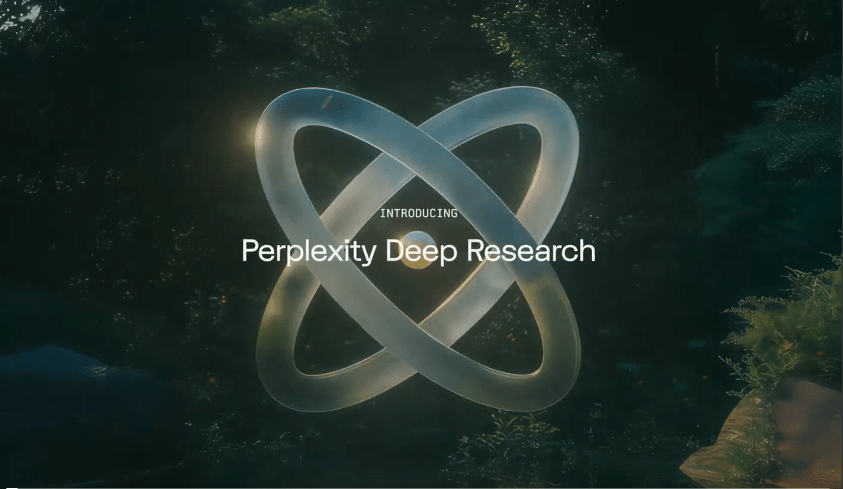A recent dispute between Cloudflare and AI search startup Perplexity has sparked debate over how AI agents interact with websites—and where the boundaries should be drawn. The controversy centers on accusations that Perplexity’s AI is bypassing standard web protocols to scrape and summarize content without permission.
The Core of the Conflict
Cloudflare, a leading web infrastructure provider, flagged that Perplexity’s AI bot was ignoring robots.txt rules—the file websites use to control which parts of their content can be crawled. While traditional search engines like Google generally honor these settings, Cloudflare alleges Perplexity’s system skirted the guidelines, effectively scraping restricted pages.
Perplexity, which markets itself as an AI-powered answer engine, denied wrongdoing but admitted its technology sometimes uses “third-party crawlers” to gather information. Critics say this blurs accountability and highlights a growing problem: AI agents are built to gather and repackage information at scale, but existing rules were never designed for them.
Why This Matters for the Web
The internet runs on an unspoken pact—content creators publish openly, and search engines drive traffic back in exchange. But with AI agents, that balance is shifting. Instead of directing users to the original source, AI often summarizes answers instantly, bypassing the click-through that sustains publishers.
This raises a critical question: Who benefits when AI consumes content but doesn’t give credit or traffic back? For small publishers, the loss of visibility could be devastating. For larger platforms, it challenges long-standing business models.
The Bigger AI Problem
The Cloudflare–Perplexity tiff underscores a bigger issue: AI agents aren’t bound by the same cultural and technical norms as traditional web crawlers. They’re designed to extract meaning and answers, not just index pages. This can lead to:
- Overstepping access boundaries set by website owners.
- Stripping away context that the original content provided.
- Eroding trust between AI companies and the broader web community.
Without updated standards, these incidents could multiply—especially as AI agents become more autonomous and embedded in everyday browsing.
Looking Forward
For AI to work harmoniously with the open web, it will need clearer guidelines, stronger technical guardrails, and transparent attribution practices. This isn’t just a matter of etiquette—it’s about keeping the internet sustainable for both information producers and consumers.
The Cloudflare–Perplexity dispute may fade, but the underlying tension will only grow. As AI reshapes how we discover and consume content, the industry must decide: Will AI be a responsible citizen of the web, or an uninvited guest who takes without giving back?


